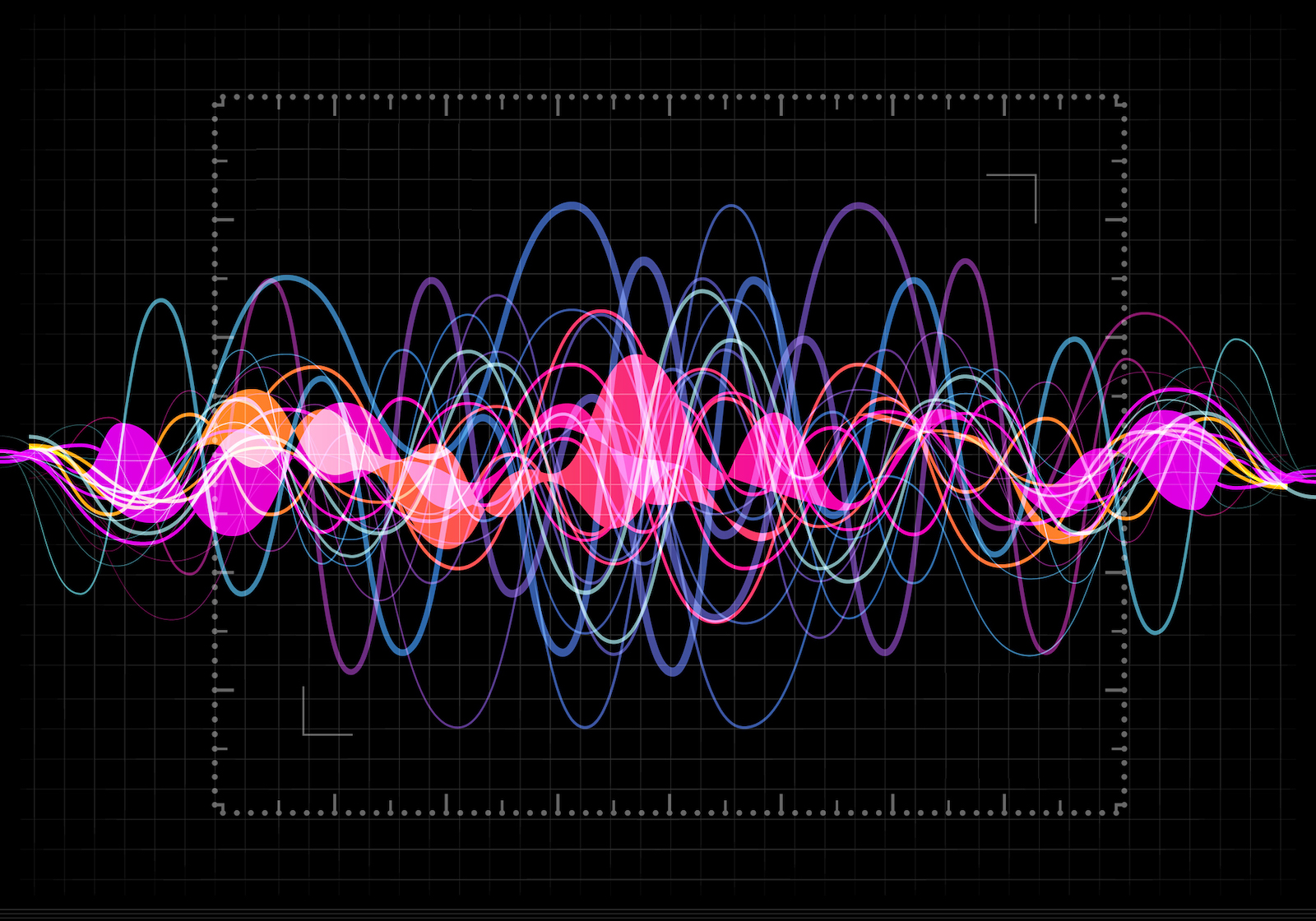Autonomous vehicles and connected cars have been a recurrent theme for the past decade. Filled with public concerns about road security promised by manufacturers and signal coverage, the industry has been leveraging the capabilities that 5G brings to the table to make old dreams of connectivity a reality. However, just like the latest G, players […]
- BY: Caio Castro
- Reading Time: < 1 minute
- Exclusives
The Ministry of Science and ICT of South Korea announced it will launch a preparation group for the next ITU’s World Radiocommunication Conference (WRC-27). According to the body, 6G will account for a big share of the group’s agenda.









